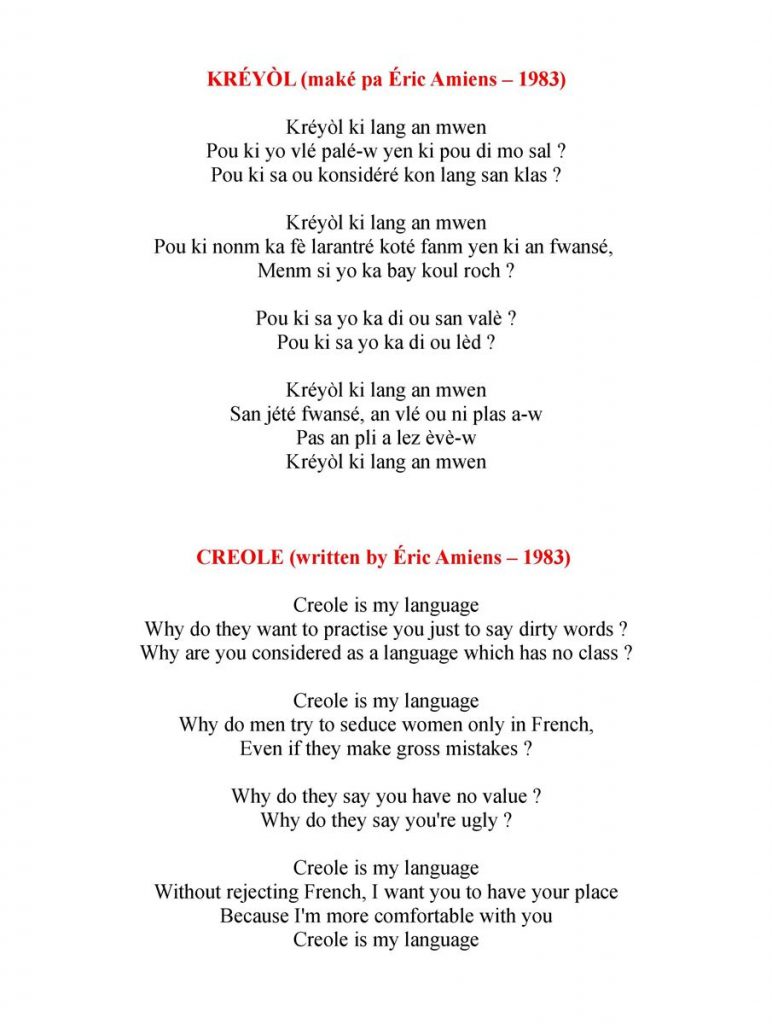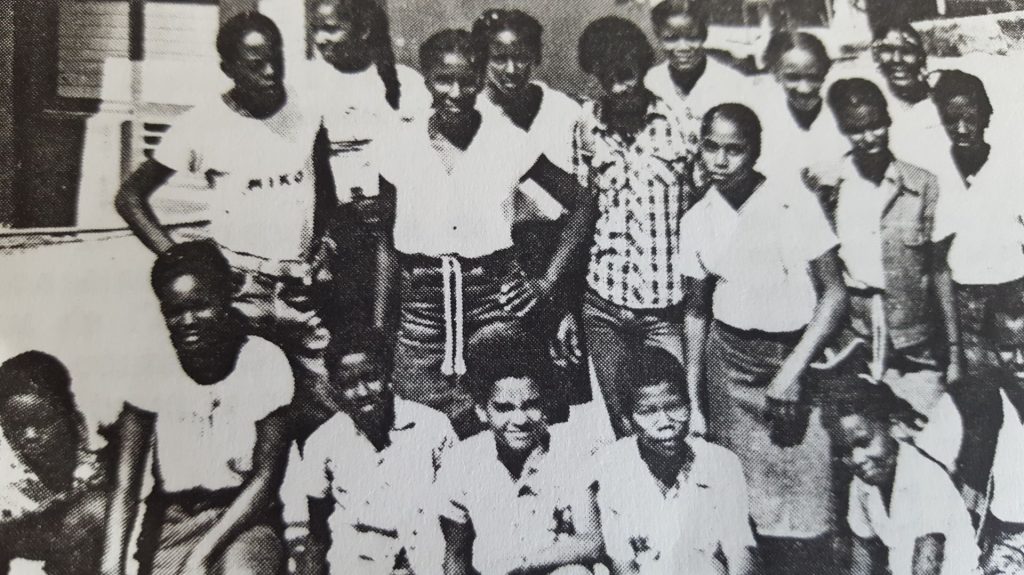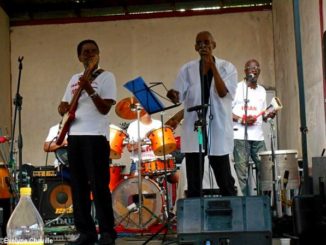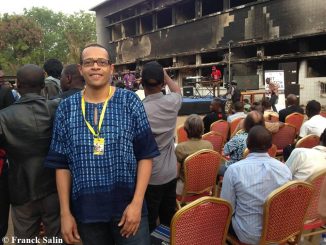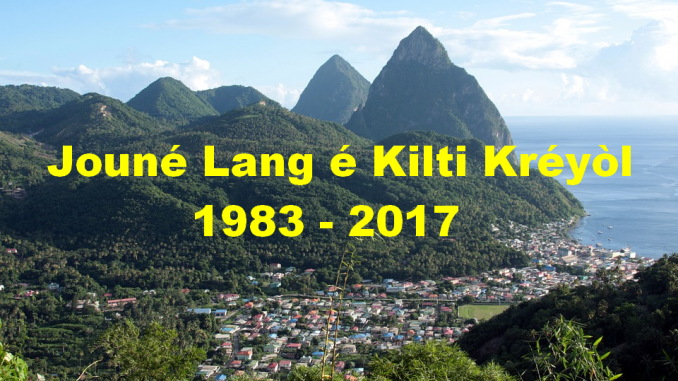
Since October 28, 1983, Creole language and culture have been celebrated around the world. If this decision to establish a “special day” to honor this language is welcomed by some, others firmly contest it and say that Creole must be celebrated throughout the year.
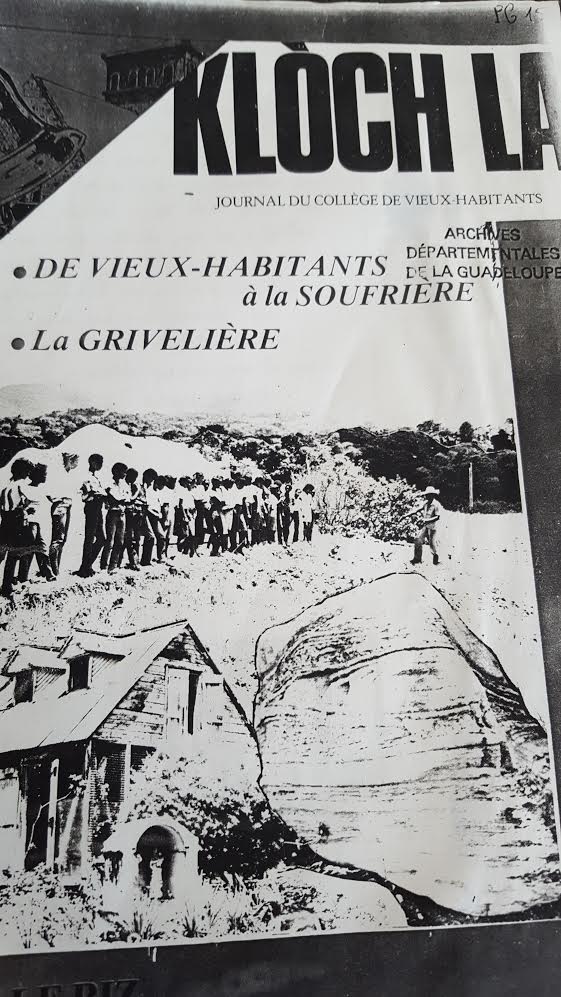
At KARICULTURE.NET, we will not talk about these divisive debates, we will not talk about all the cultural events (some of them are even commercial or tourism) organized in the islands of the Caribbean (Haiti, Guadeloupe, Martinique, Saint Lucia etc. .) and in all other territories on the occasion of this “International Creole Day”.
We suggest you simply read a poem on the creole language written in 1983 by a 15-year-old student from the secondary school in the town of Vieux-Habitants, Guadeloupe, for the school newspaper, “Klòch-la”. Some say that nothing happens by chance in our lives: after his graduate studies, this former budding poet named Éric Amiens became the editor of the Creole editorial staff in Radio France Internationale (RFI), from 1995 to 2006.
Based in Paris for almost 20 years, this Creole editorial staff was composed of correspondents in Haiti, Guadeloupe, Martinique, Dominica, Guyana, among others, and a news program was broadcast every Sunday throughout the world ; Haiti was one of the Caribbean countries where it was the most popular… This program in Creole was also used by the University of Aix-en-Provence and the association “Éritaj” in Paris to teach the Creole language.
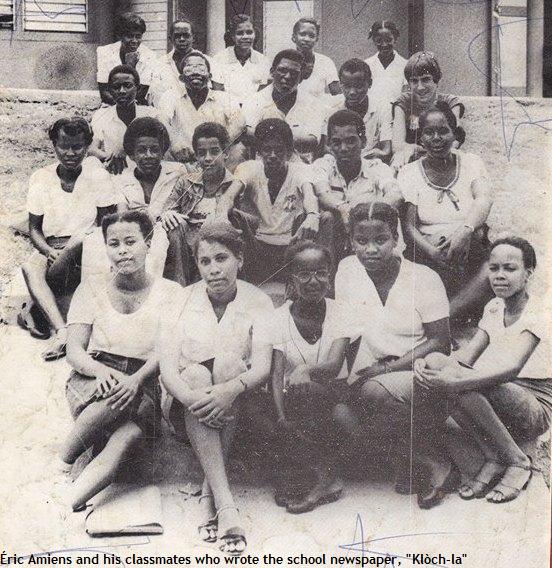
In 2006, the interruption of the production and broadcast of this weekly news program in Creole language was suddenly announced. The many Caribbean personalities and others who signed the petition so that this Creole editorial staff is maintained – among them, the famous Martinican writer Édouard Glissant who listened every week to this news program from New York where he was living – unfortunately did not prevent that it was replaced by a Swahili editorial staff, the Swahili language is spoken in East Africa (Tanzania, Uganda, Kenya, etc.)…
At the instigation of journalist Éric Amiens (now in charge of the program “Le Club RFI”), all the Creole news programs of this period were archived at the French National Audiovisual Institute (INA) and the public can listen to them.
Some journalists who worked for this Creole editorial staff at Radio France Internationale are well-known in the cultural field. Let us quote Louis-Philippe d’Alembert (Haitian writer), Reynolds Henri (Haitian musician and lyricist who worked with the great Haitian storyteller and writer, Mimi Barthélémy) or Franck Salin (Guadeloupean writer and director).
Obviously, the Creole language has to keep fighting to exist…
